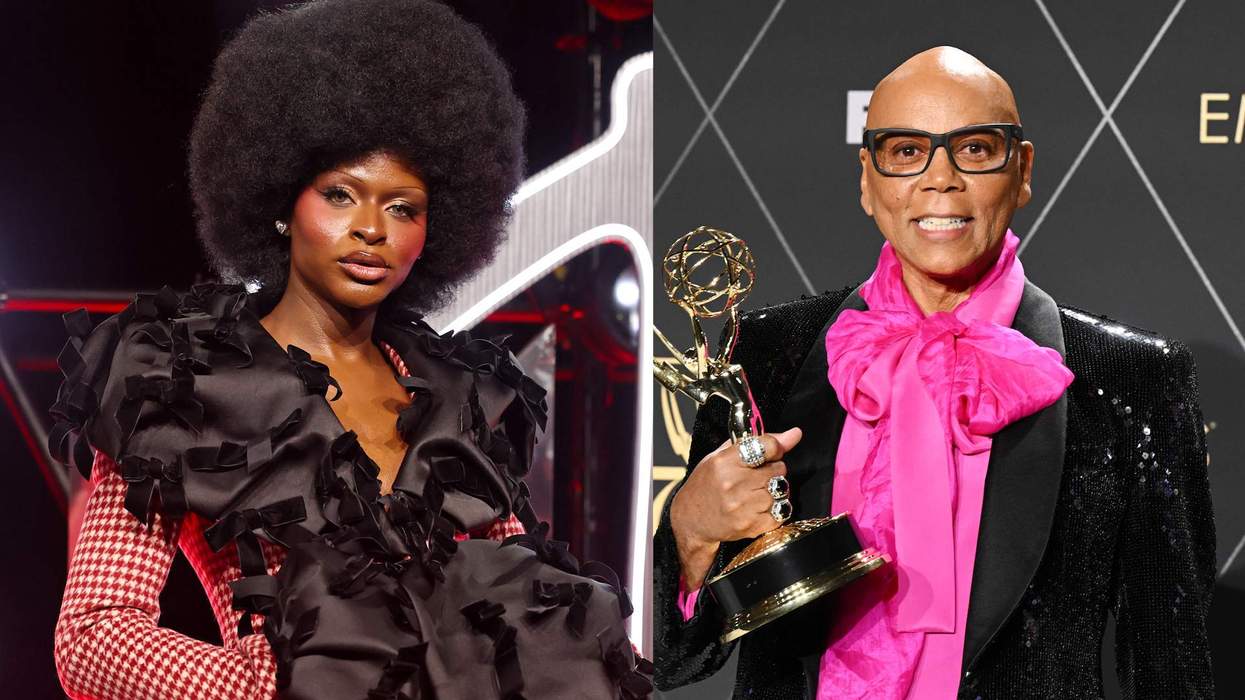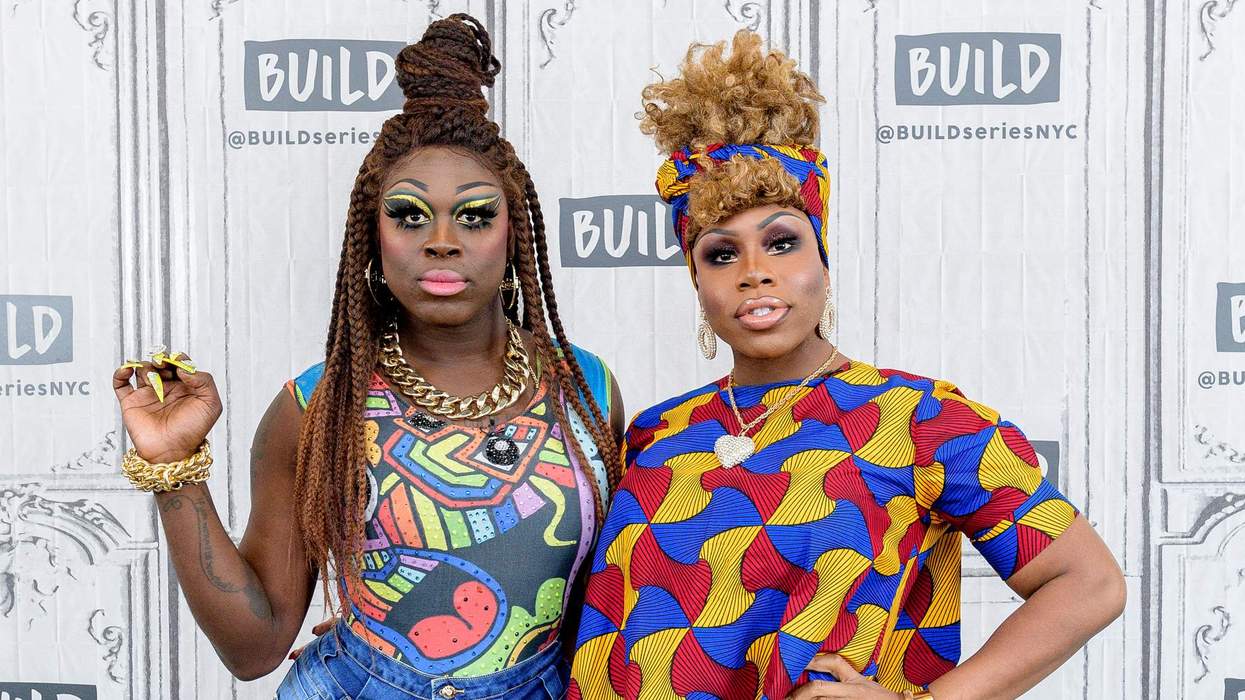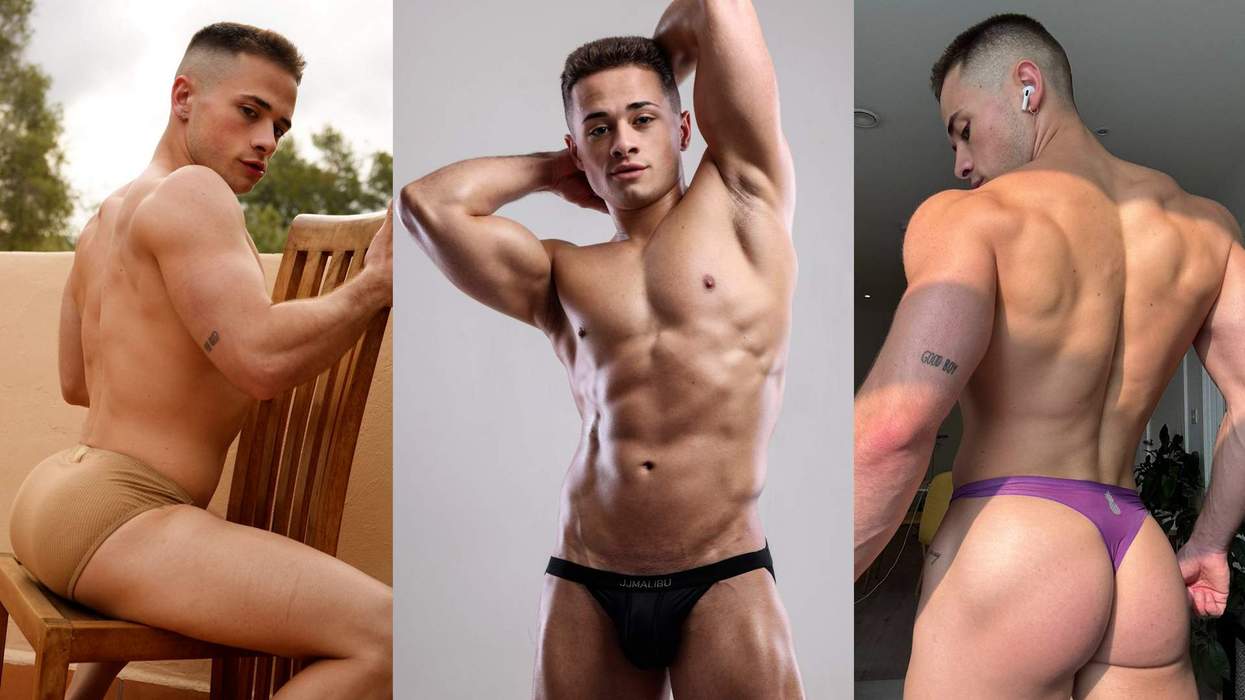From day one, queer fans have been raving about Bridgerton. Everything from the heaving bosoms to the reimagined pop songs to the glamorous settings and endless drama screamed this is gay culture. But until recently, as spiritually queer as it — and as its cast — is, our stories weren’t playing out on screen.
Thankfully, all that changed last week when the second half of season three dropped and we were treated to not only one queer, poly romance, but the seeds of the beginning of a new Sapphic one. Oh yes, we couldn’t be happier about where the show is headed under new showrunner Jess Brownell and creator Shonda Rimes’ stewardship.
Part of why this news delighted fans so much is because, in the case of Benedict Bridgerton’s (Luke Thompson) romance, it’s one that we’ve been calling for — loudly — since the first season. That’s when the most rogueish of the Bridgertons witnessed gay sex right in front of his scandalized and, let’s be honest, titillated eyes.
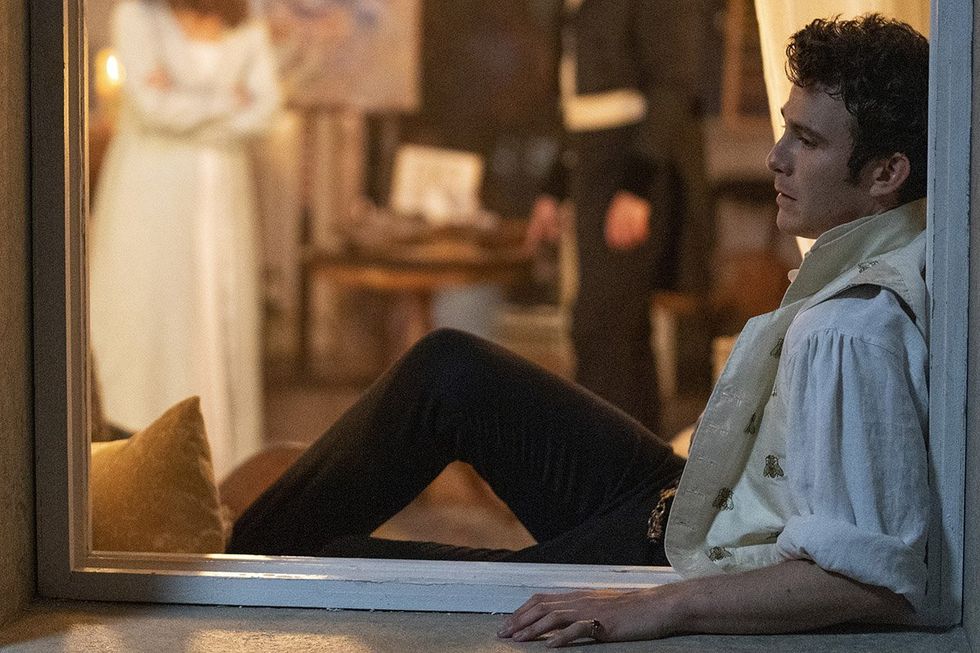
Courtesy of Netflix
While nothing came of that first experience, it’s been percolating for another season and a half, and Benedict continued on exploring his identity and embracing his artistic side. This season found him falling, well, into bed with a similarly iconoclastic lover. The very un-Regency Era ideas held by Lady Tilley Arnold (Hannah New) on casual intimacy and multiple partners offered Benedict another opportunity to embrace (quite literally) the fullness of his sexuality, identity, and desires. When they invited Paul Suarez (Lucas Aurelio) into their bed, the result wasn’t just a night of passion, but a full paradigm shift for Benedict whose world cracked open in a thrilling new way.
While the season ended with that particular throuple going their separate ways, what remains clear is that this is just the beginning for Benedict and — since this is Bridgerton — likely a very passionate romance and accompanying happily ever after. We can’t wait.
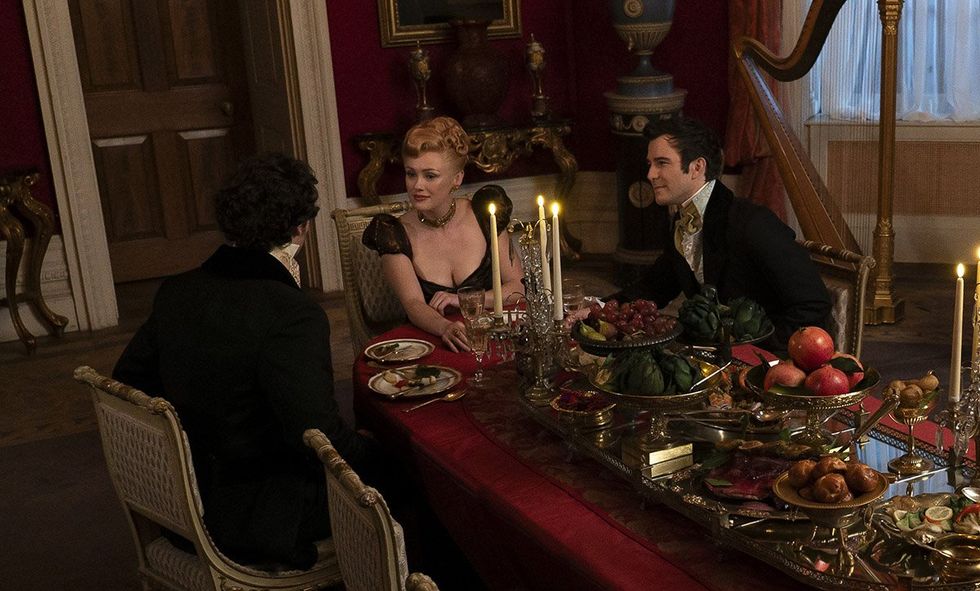
Courtesy of Netflix
While the wait for the next chapter will be a long one, let’s not overlook just how important this development is.
Bridgerton is one of the most popular shows on Netflix, seen not only by many many people but across a broad audience. Sure, the queers have been here cheering along these love stories from the beginning, but so too are all kinds of viewers who rarely or ever get to see this kind of love story portrayed with this level of both lusty luster and sincerity in equal measure.
Is it too much to believe that this story, and the way it has built slowly over three seasons, may open some hearts and minds? We don’t think so. But we wanted to know what Thompson, who has been bringing this character to life during those seasons, feels about all the fanfare, the impact, and, of course, filming those steamy scenes — thankfully, he was delighted to talk about it all, and then some.
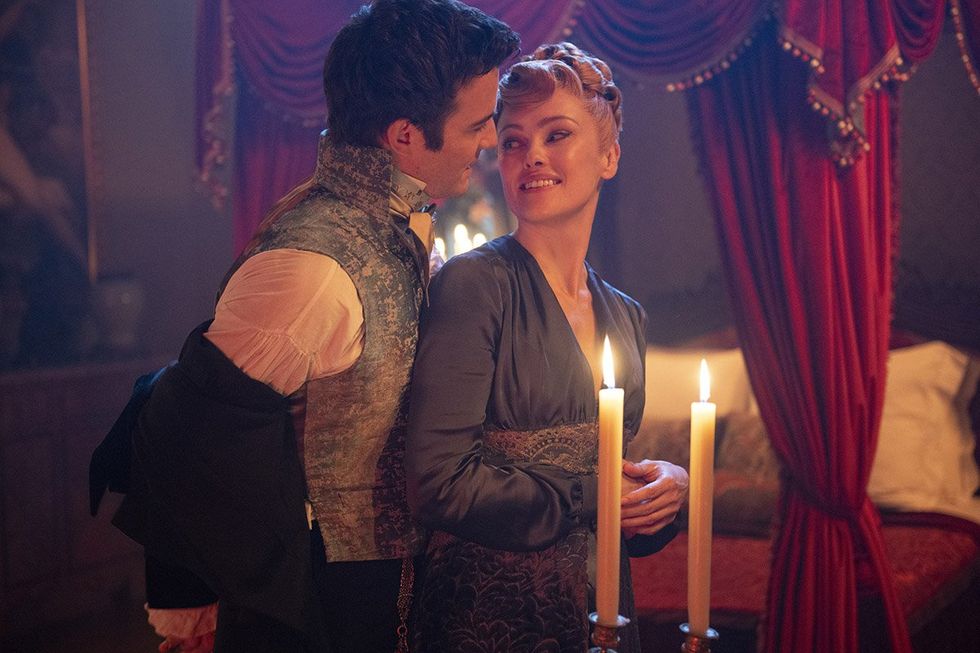
Courtesy of Netflix
PRIDE: Since the first season fans have been calling for this storyline for Benedict. Were you initially surprised by this? Did you share their hopes?
LUKE THOMPSON: No, I wasn’t surprised. I think there’s always been a real curiosity and sense of possibility there and actually one of the pleasures of doing this character long form like this is you know there’s that whole thing with the painter and season one, which actually sort of never got resolved in a way that I thought was really interesting.
Desire is a bit of a tipping point, isn’t it? Like there’s a point where you’re thinking about something, maybe you don’t do something about it, and then sort of feel like you’ve got a little sense or flavor of something in that first season. And now you come back to it a couple of years later, which I think is just really interesting to catch back at moments from season one. Hopefully, it’s just another aspect that makes the character interesting to watch.
How does it feel for you, as an artist, and as a performer, to have the audience connect so strongly with the character that you’ve created?
As an actor, your job is to be filled up with other people, like, you’re essentially just representing this one little portion of it. And then people by watching fill you up with all this other stuff that they see, that they put on you. It’s a lovely, lovely feeling to feel sort of like you’ve got people with you on some level that you’ve got people’s attention. That’s what you look for as an actor.
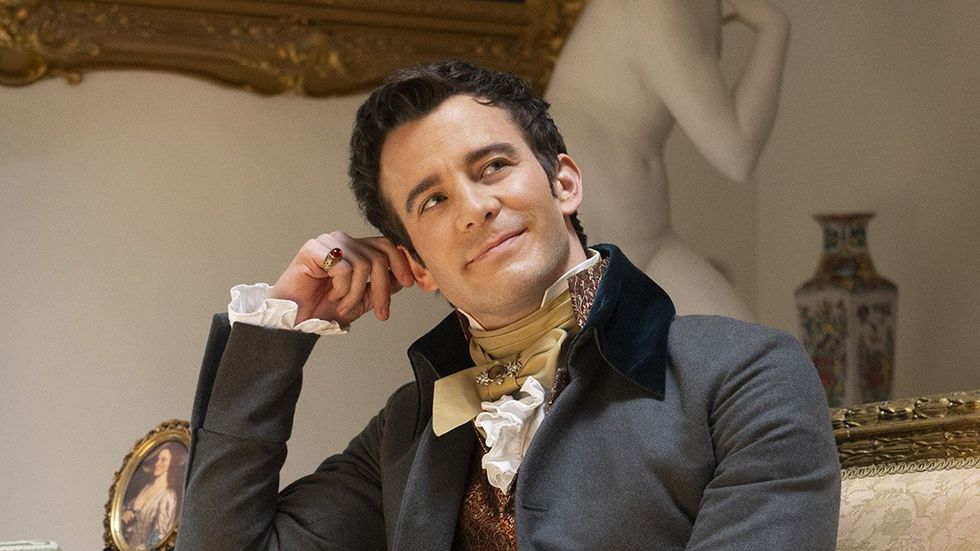
Courtesy of Netflix
Did you feel any pressure or responsibility to get that storyline right per se?
The short answer is no, not at all, really. Because my only responsibility actually, as an actor is to represent Benedict. So beyond that question the idea of getting it ‘right.’ I don’t know, I guess I questioned the idea of getting it right.
Watching something is an interpretative act like everyone will get different things from it. So I’m sure some people will speak to them loads, others will get less from it or be frustrated, or moved or even angry. And I’m sort of cool with that. I’m suspicious of the accuracy in these art forms. I think an interesting part of the job is the multiplicity of reactions and what different people see. That’s what storytelling is all about and that’s why I love this job. So, I don’t feel pressure to represent anything, what people see is what people see. It’s just Benedict’s very specific journey, which is so well and subtly drawn in the show, I think.
I actually really love that answer, because I think there’s always so much pressure to get things right. But life is just too messy for that.
To me, I didn’t know I understood why people wanted that. I understand the desire for that to happen. Bridgerton has also upset lots of people for authenticity on other levels. I mean, in terms of accurately representing what Regency England was like, and I sort of think it’s so difficult because you’re never going to get it completely right. You can do everything and people will still find things frustrating and some people won’t feel seen in the way that they hope to be. And some people will suddenly really feel seen, and that’s to be celebrated. I think that’s what watching the show is all about. That multiplicity of reactions.
The second half of this season has premiered. And of course, there has been a reaction, and it is overwhelmingly positive. I’m curious, did you witness any of that? Or did you distance yourself from it?
I’m interested in the reaction because I think it’s really — what I really like about the reaction in terms of things that I have, is that what’s wonderful about playing the part is that I think I look back on all seasons. And I think it’s actually been handled in a very subtle way.
To me, I watch it and I think it’s nice because it speaks to how fluid, delicate, and subtle our desires are. Just to take you back to what I was saying about the moment with the painter in season one I just think it really honors the fact that people are complicated and feel differently about things and sometimes they’re ready to go down certain routes, and sometimes they’re not — and what makes that shift.
What drives people’s people? What drives people to find other people attractive? It’s so wonderfully complicated and I do think that the show really honors that and I hoped that that would create a comfort in some way, I find that quite comforting when it’s explored in that way. It’s all a big mess? In a wonderful way, it’s all a big mess.
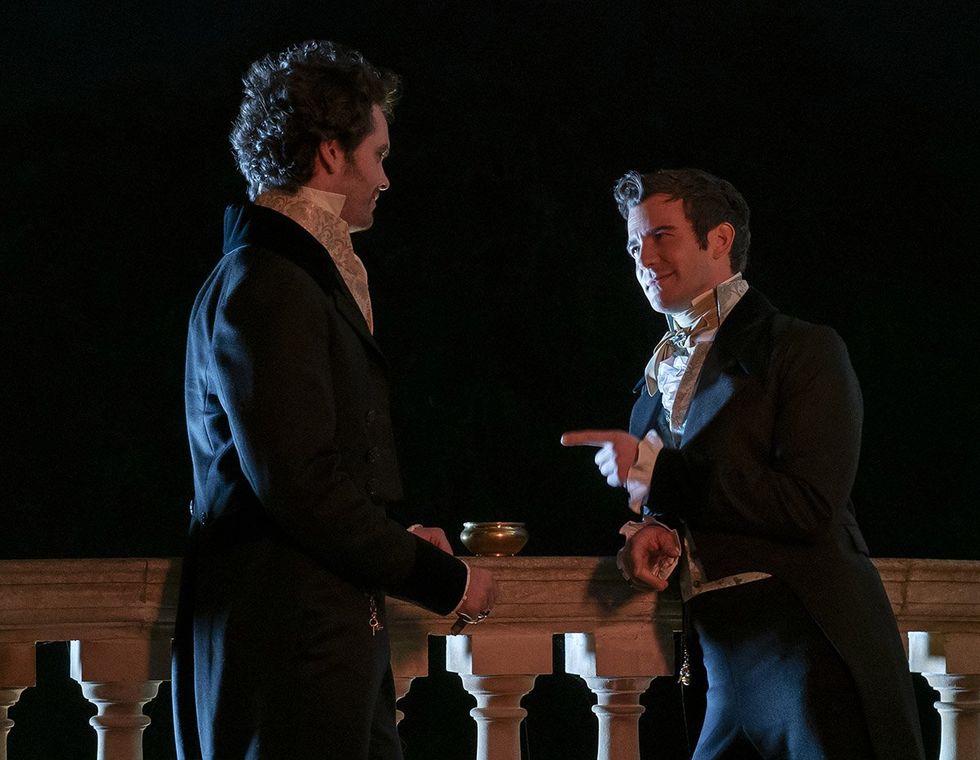
Courtesy of Netflix
I love that. There’s a scene between Tilley and Benedict I found actually quite moving and bittersweet, which is later in the season when you kind of realize your characters have conflicting desires about the future. I think it’s so beautifully and sweetly done. I’m curious how you felt about that scene and what you think it means for Benedict moving forward.
It’s a very confronting moment. Someone informed me the other day, one of the writing team, that there’s a big theme in this season about mirrors. Obviously, not just literal mirrors like with Colin and Penelope but also just like, mirroring, and I do think there’s something about Tilley that is essentially in that moment, holding up a mirror to Benedict and saying: Where are you and what do you want?
It’s all very well aspiring for freedom and aspiring to not having any sort of restraints on one’s desires, but in Benedict’s character I think it’s its own form of imprisonment, because actually, he’s sort of pushing back something, I think in terms of building his own life and maturing and thinking about what he actually wants. I think he’s very adept, Benedict, at just going along with things and is driven by this curiosity, which is lovely and really interesting.
But what’s also interesting, I think about that theme is that actually, suddenly you have someone saying to him, actually [freedom is] great, but there is also huge pleasure and excitement in choosing someone and really delving into that in a more deep level than just sort of, oh, I just want to be free. I just want to be free.
That’s kind of the beauty of Benedict and the way we get to watch his full arc, in a way that we haven’t really with many of the other love stories on the show. Speaking of which, I have to ask about just the chemistry between you and your castmates in this season which has been incredible. I love the beautiful way that the show approaches, like sex and sexuality there’s a real artistry to it. But there’s also that element of chemistry you have to have. How did you sort of develop that chemistry?
It’s fascinating, isn’t it? Because in a way, chemistry, in my experience anyway, it’s something that you sort of let happen rather than make happen. I don’t have an answer or secret in terms of how you build that. The chemistry that is there is just there and you build on it.
It sounds sort of silly, almost to say you say the lines to each other and stuff happens. But that is actually true, it is how my experience acting works, you sort of just repeat and repeat and repeat and stuff starts happening. I can’t really explain it any more clearly than that.
I do remember that scene when they’re all three lying down in the bed. I just have a really good memory of that scene. Because again, I sort of thought, ‘Oh, God, this is a very nice thing we’re working on, a special thing we’re working on.’
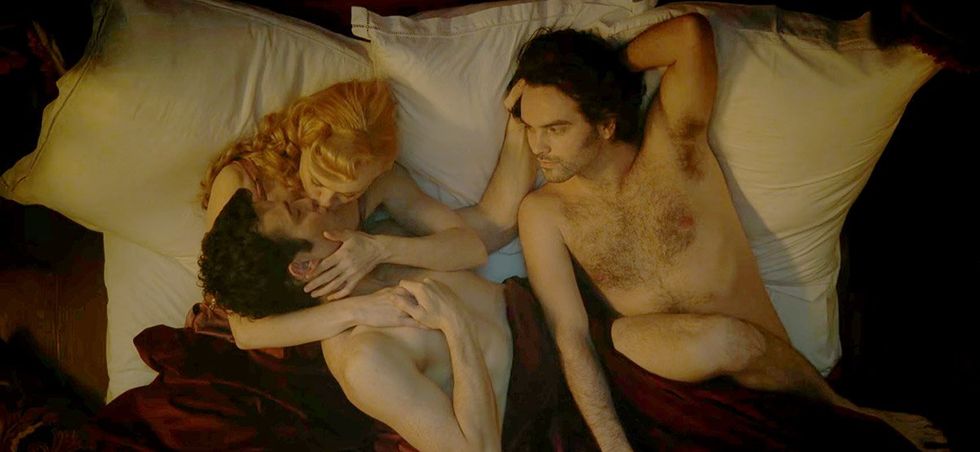
Courtesy of Netflix
I love that, it’s almost like an incantation — you’ve manifested chemistry.
I don’t want to sound all mystical but I do think acting is a little magical when it comes to that. It’s quite unexplainable, really. It’s just because we, you know, the way our brains work, we’re able to sort of imagine — as we’ve been able to do it ever since we’re kids, we’re just able to imagine ourselves in that situation and genuinely feel excited or fearful or upset, or happy, even when we’re not actually really in the situation and that’s weird that we as humans can do that. To me, it’s as close to magic as you can get really, it’s all fake, and yet it’s real.
Queer inclusion in a show that is this popular with as broad and passionate fans as Bridgerton has, it just feels important in a way. I’m curious what you think about what its inclusion says about where we are and where we’re going right now as a culture.
I think it’s really important. Bridgerton is such a universe now. And to invite those kinds of stories in feels incredibly important. In a strange kind of way, in a very unique, Bridgerton way, what I love about it is that it makes the characters feel very relatable and modern in the way that I think like, there has been a lot of thought and the light shed on on those stories in recent times, which is quite right and about time.
But I think what’s also lovely is that, in that Bridgerton way it’s also alluding to a past that we’ve airbrushed. I remember being in a play a long time ago now called Bloody Poetry, which is all about the Romantic poets Shelley and Byron and Mary Shelley, and Claire Claremont.
People have been experimenting with open marriages, polyamory, and all sorts of stuff like that for all for a very long time. There’s been a bit of a process of sort of airbrushing it out a little bit and it’s just really comforting to think that actually, people have always been inspired to experiment and think about things differently and live different lives and explore different desires. That’s nothing new, it’s just that we often have buried it a little bit. Rather than inviting something new in, it’s actually uncovering something that’s always been there, which makes the past feel closer, and more relatable, which is a very good thing. I think it’s a very reassuring thing.
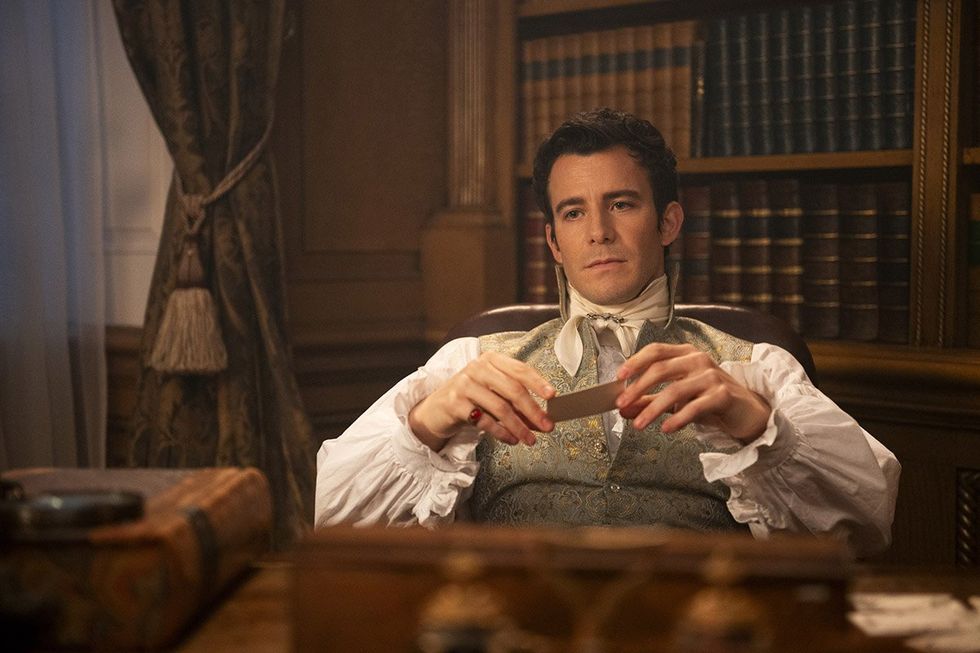
Courtesy of Netflix
That’s so true! So, beyond simply being entertained, is there anything else you hope audiences, particularly queer audiences, take away from this season?
I feel like our desires are sort of our most interesting side or most complicated side. What makes us human in terms of like, how complicated we are, and how subtle and fluid and changing we are, which is super scary.... because we’re very anxious to be able to bottle them up, and to make them very clear, and to give them names. That’s understandable but I also think our relationship to it is what makes life endlessly interesting. It’s what makes humans and life endlessly interesting. So I just hope that people are taking an interest in it and want to carry on watching these characters and navigate their journey through it.
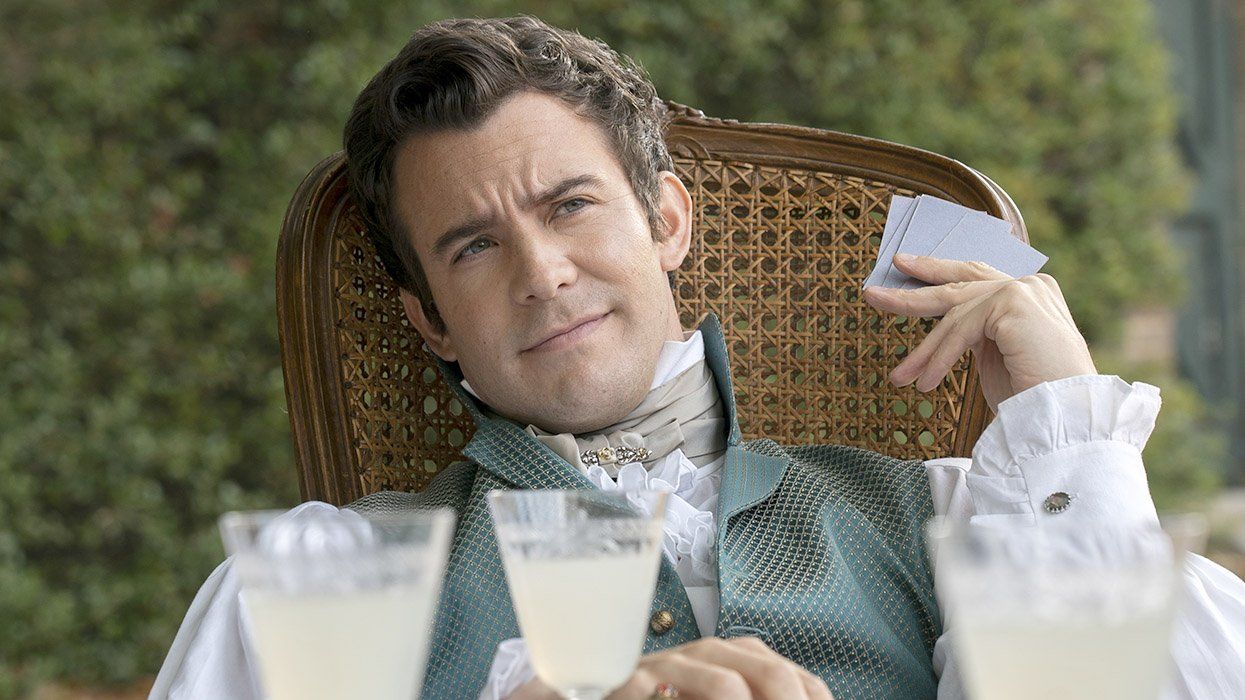

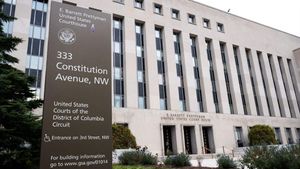

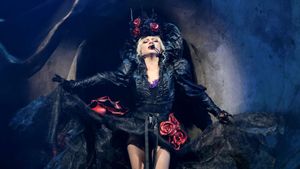

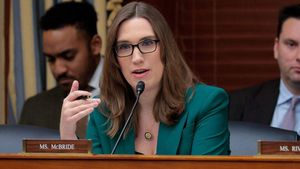
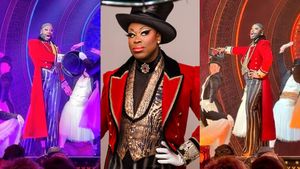



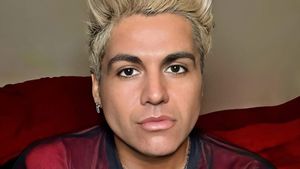
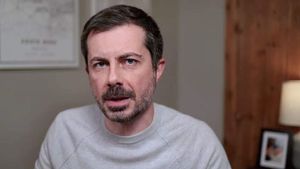
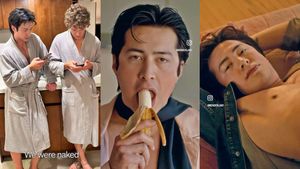













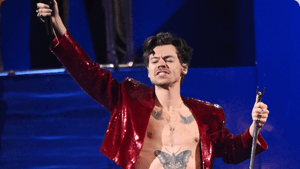



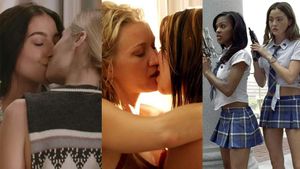



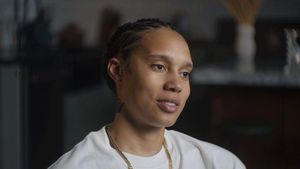






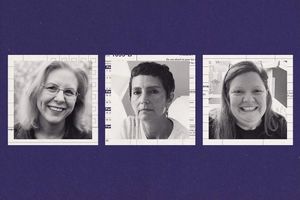


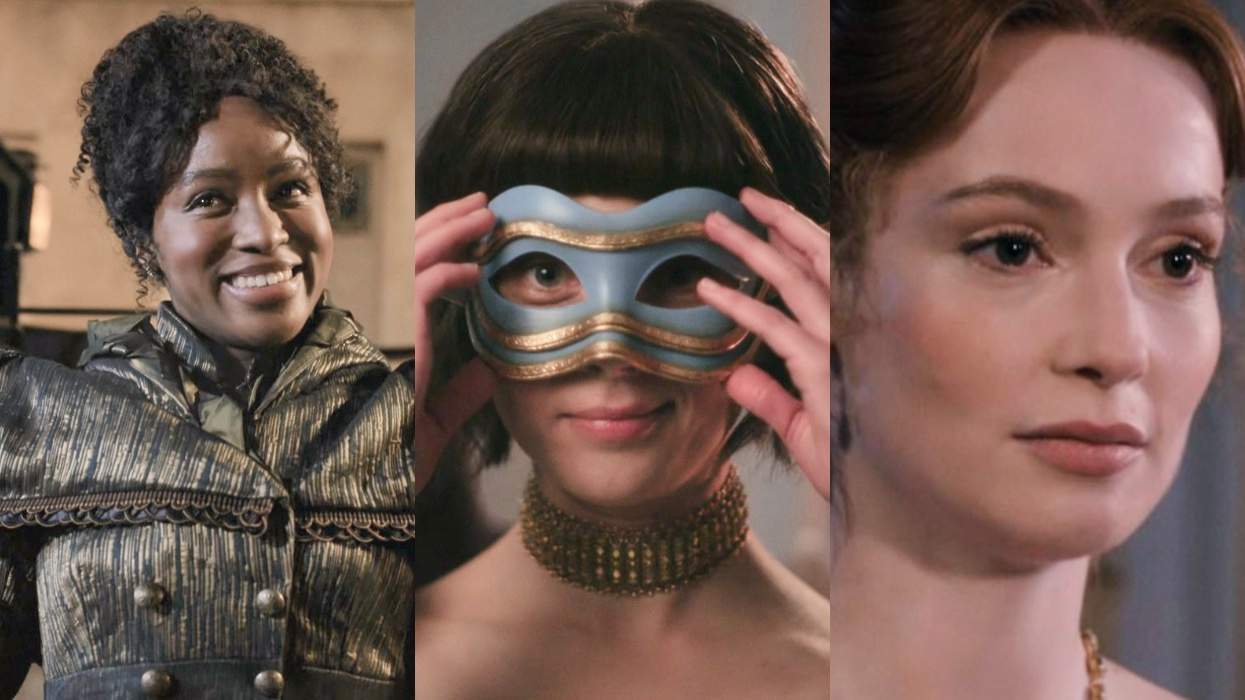
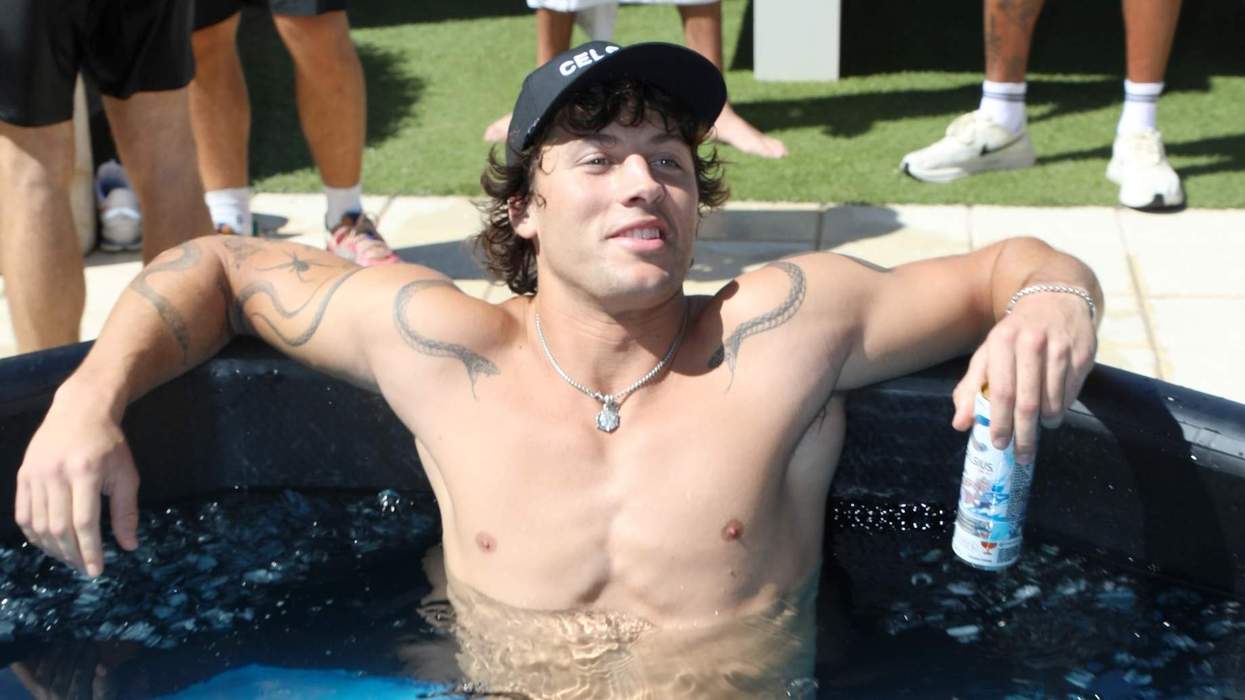
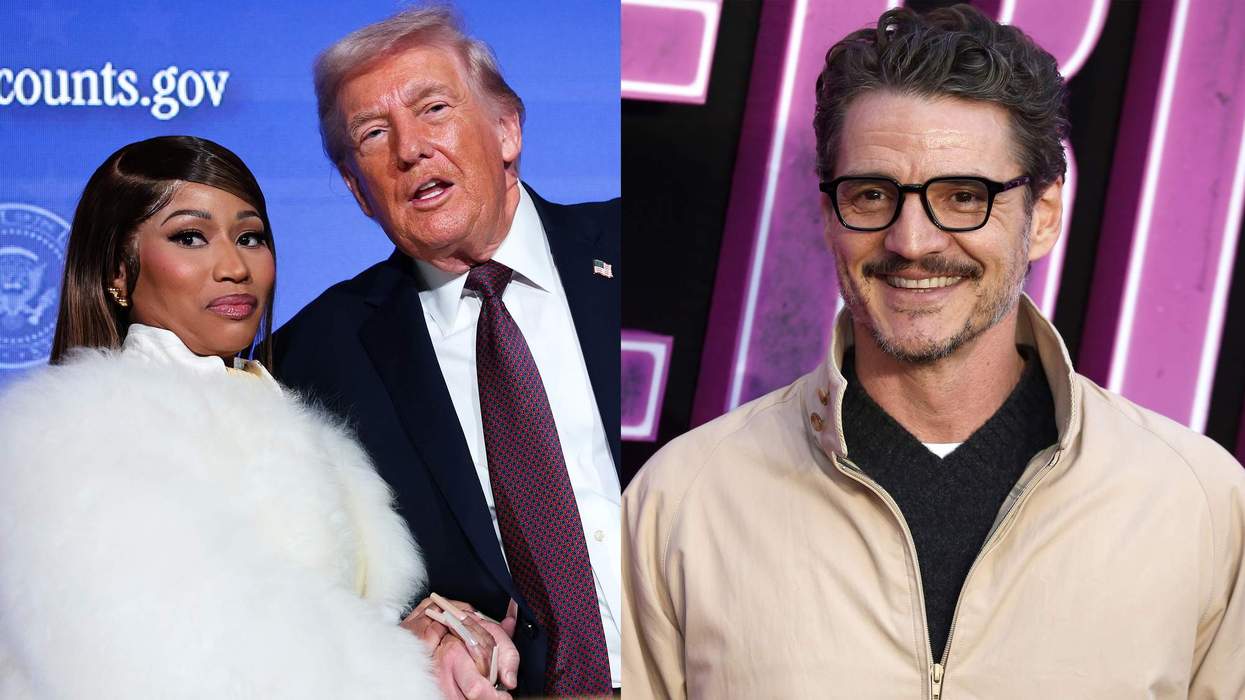
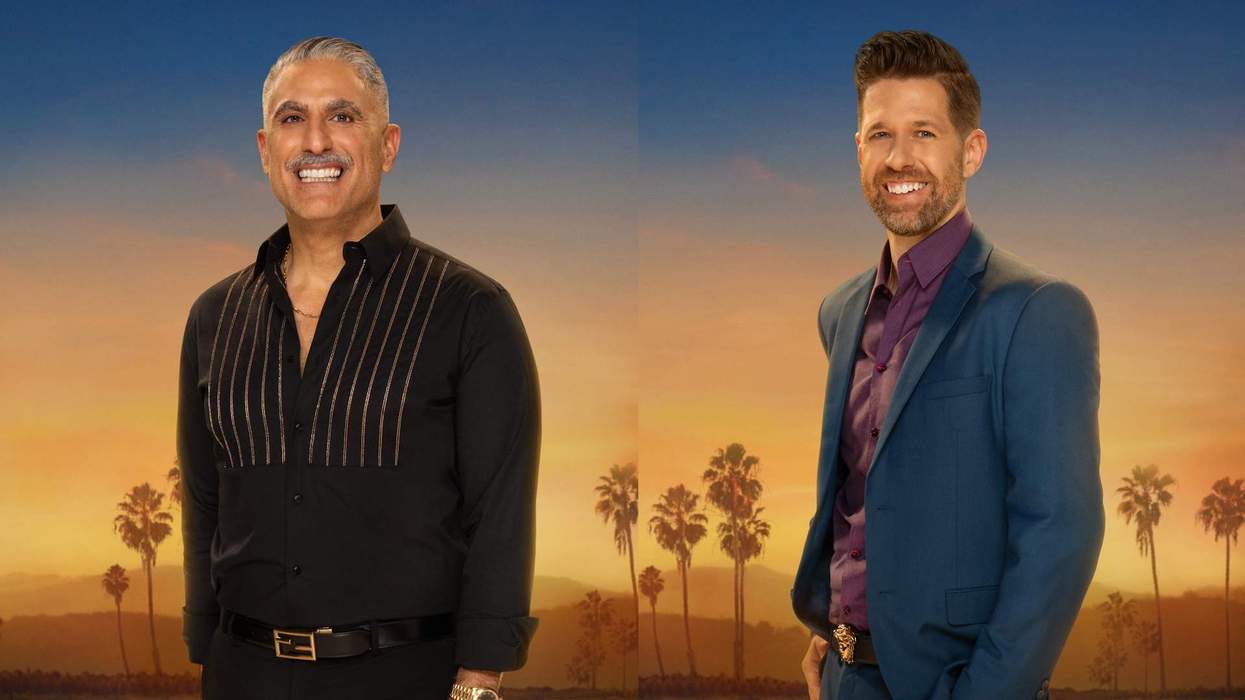






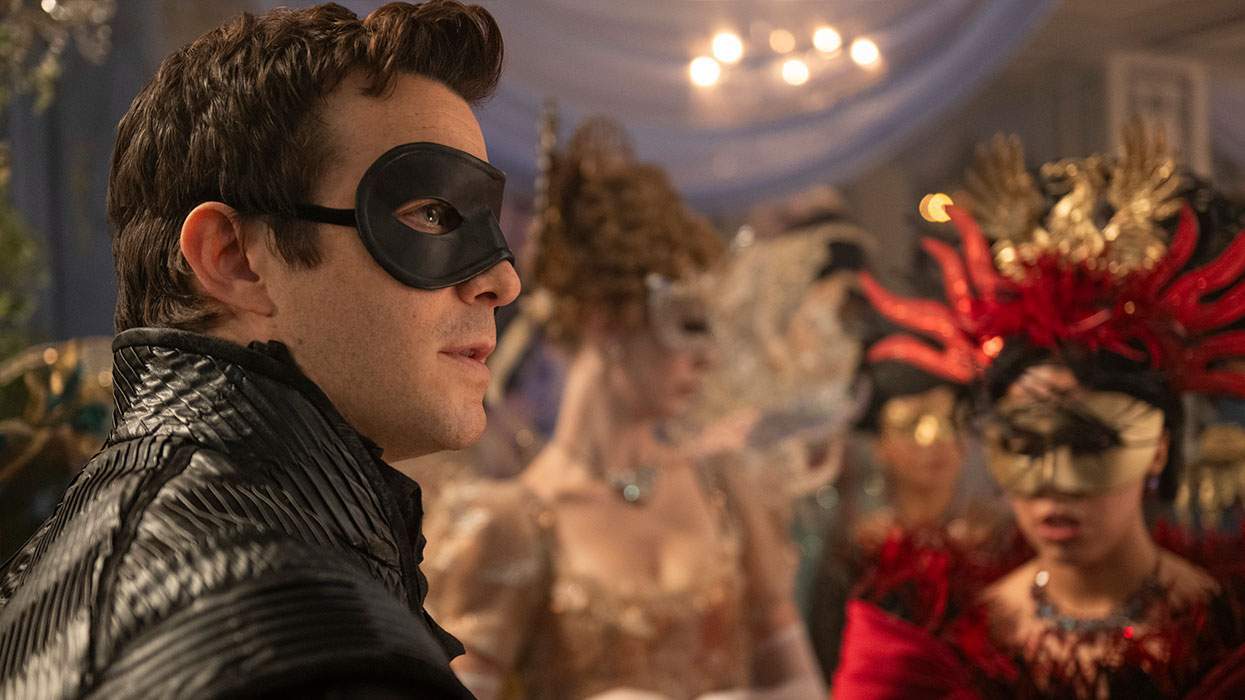

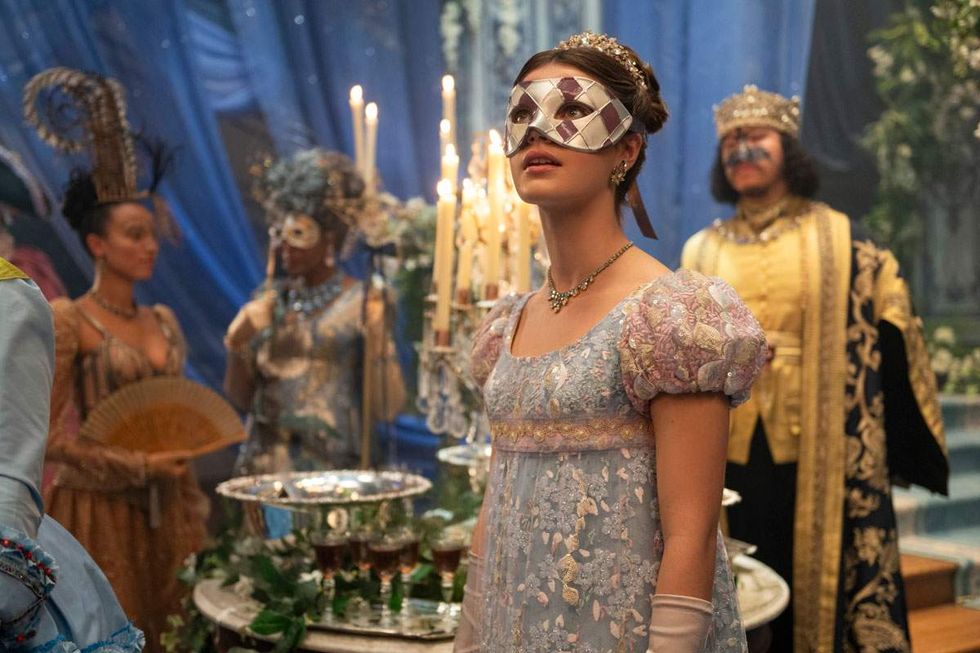 Hannah Dodd as Francesca BridgertonCourtesy Netflix
Hannah Dodd as Francesca BridgertonCourtesy Netflix
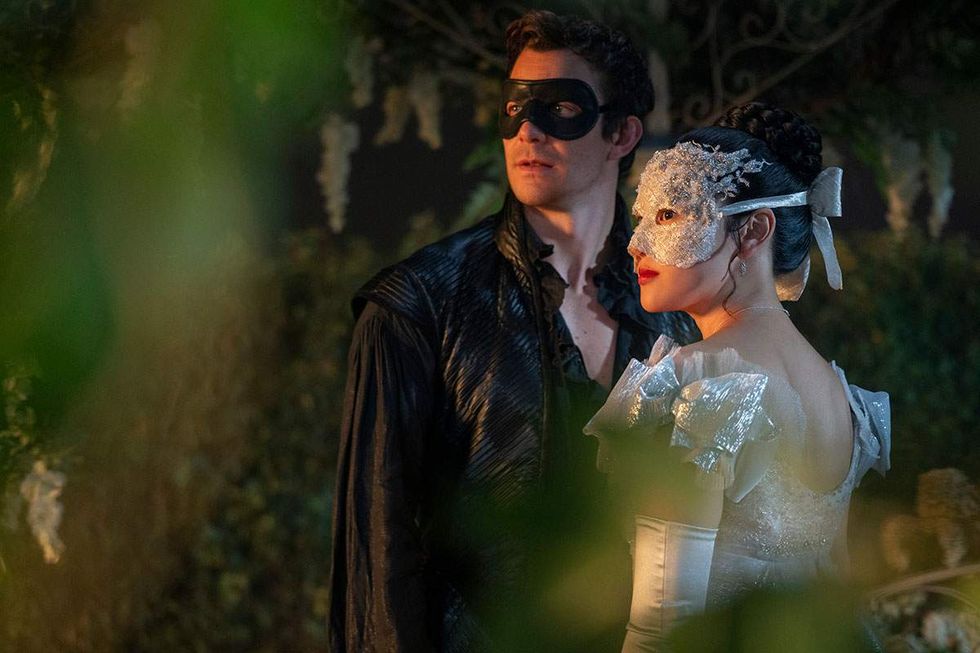 Benedict (Luke Thompson) and Sophie (Yerin Ha) in Bridgerton season 4.Courtesy Netflix
Benedict (Luke Thompson) and Sophie (Yerin Ha) in Bridgerton season 4.Courtesy Netflix
